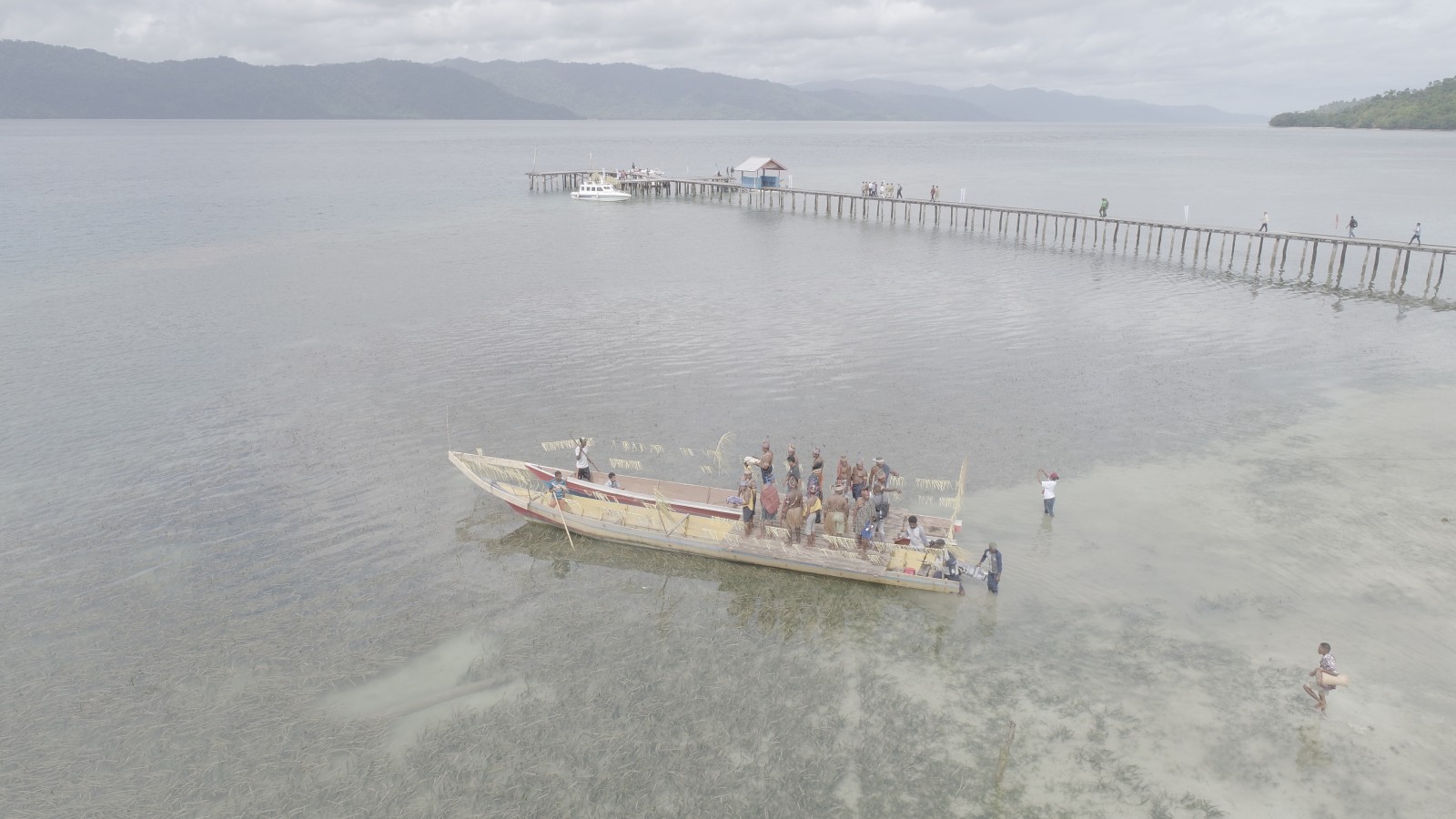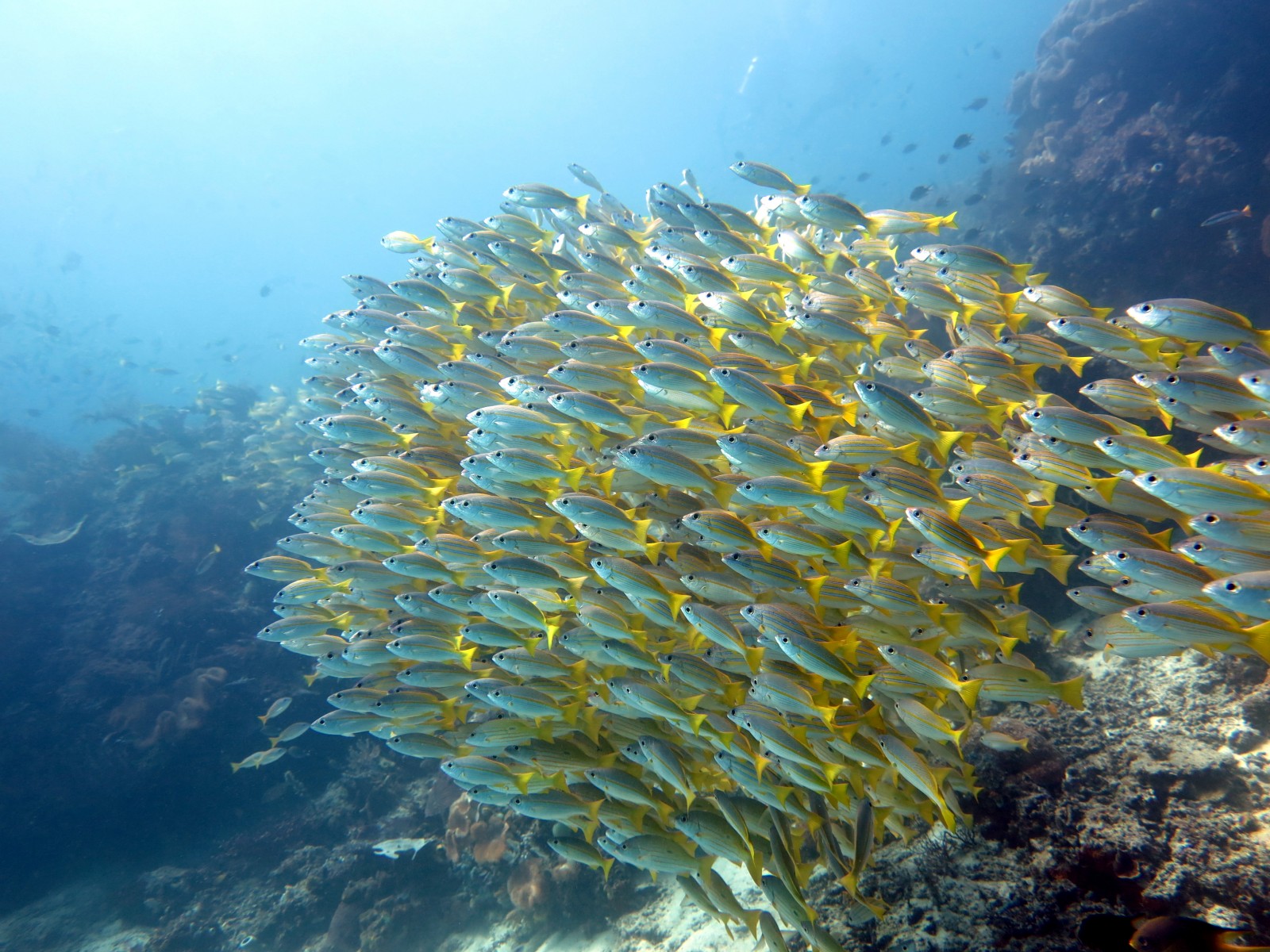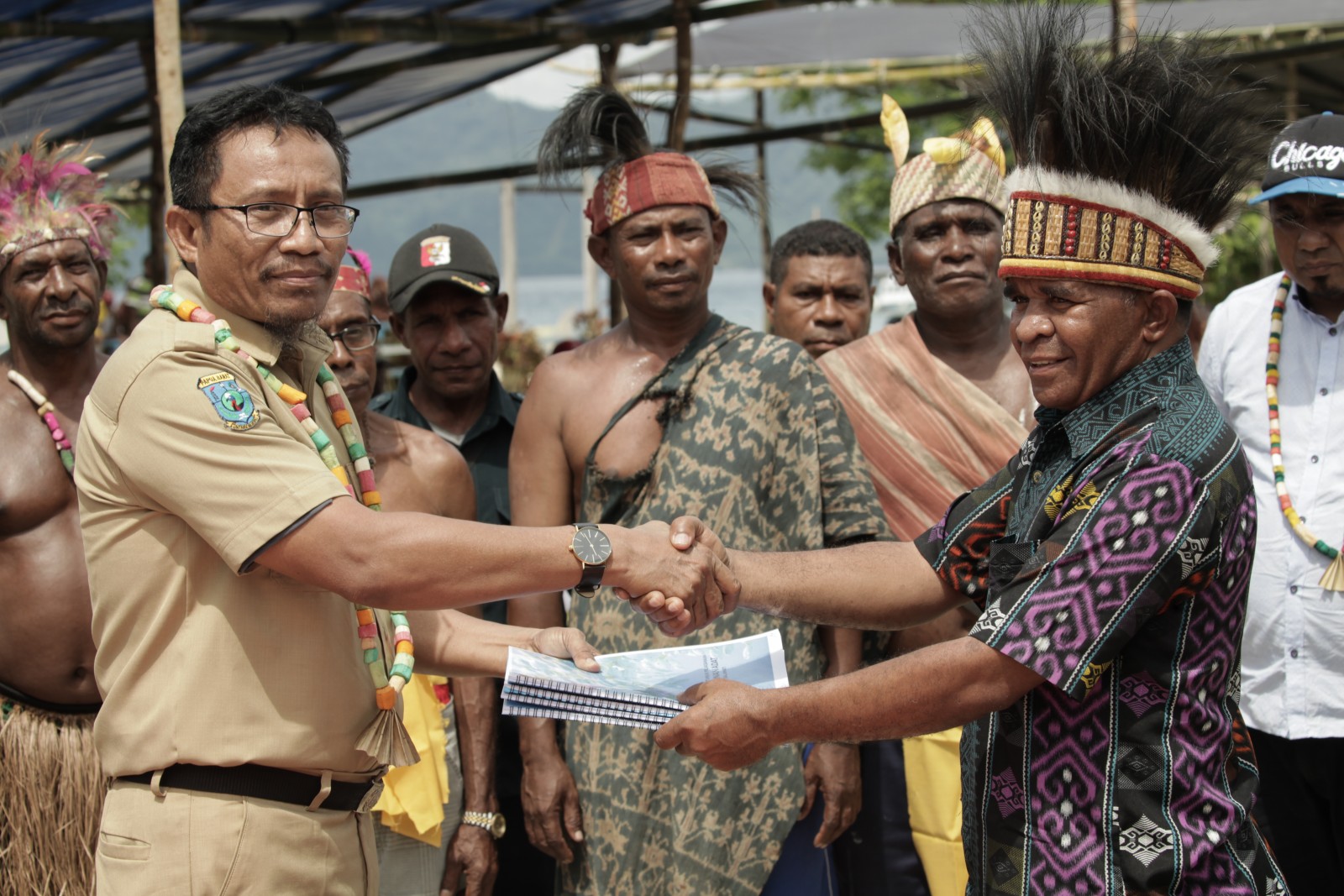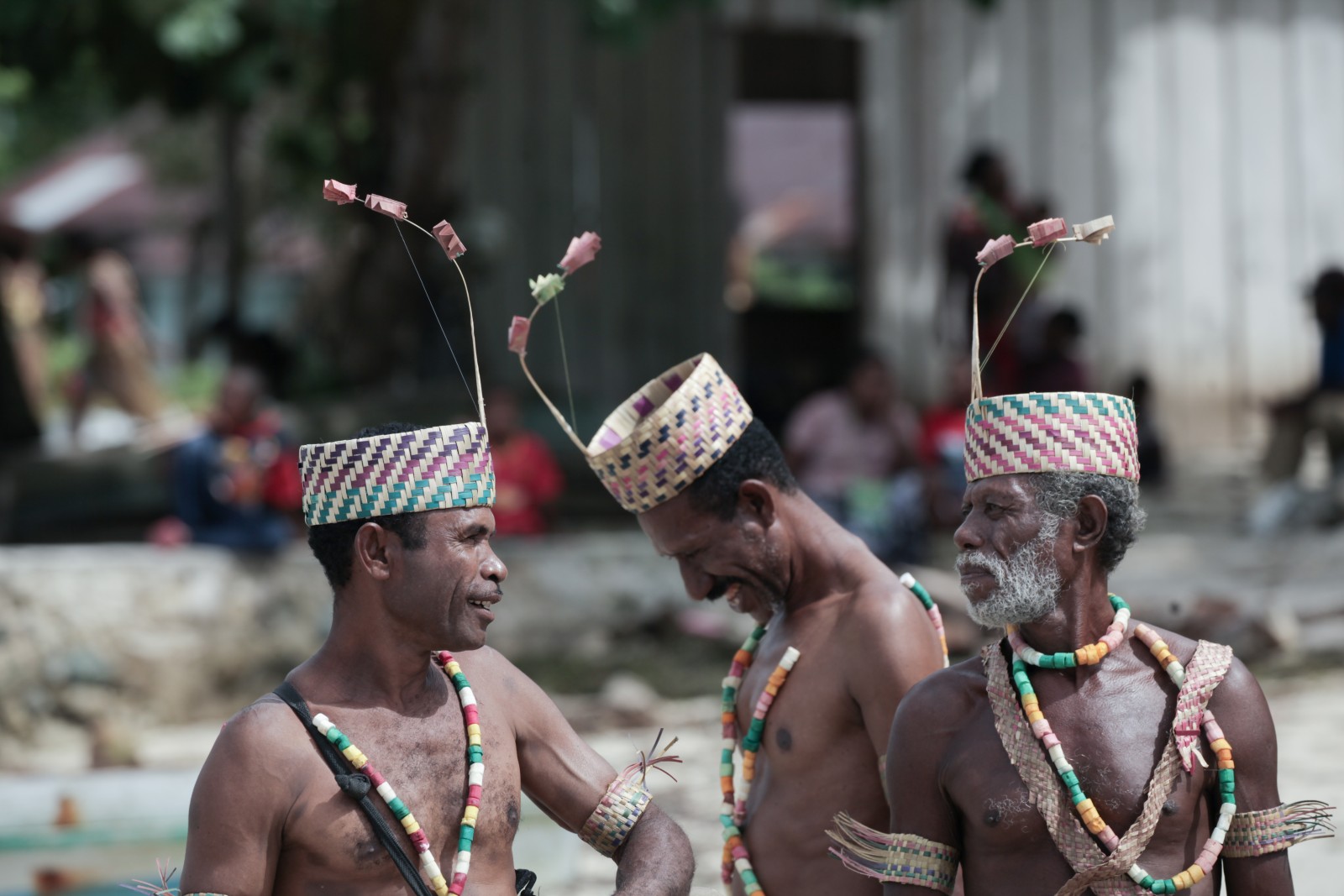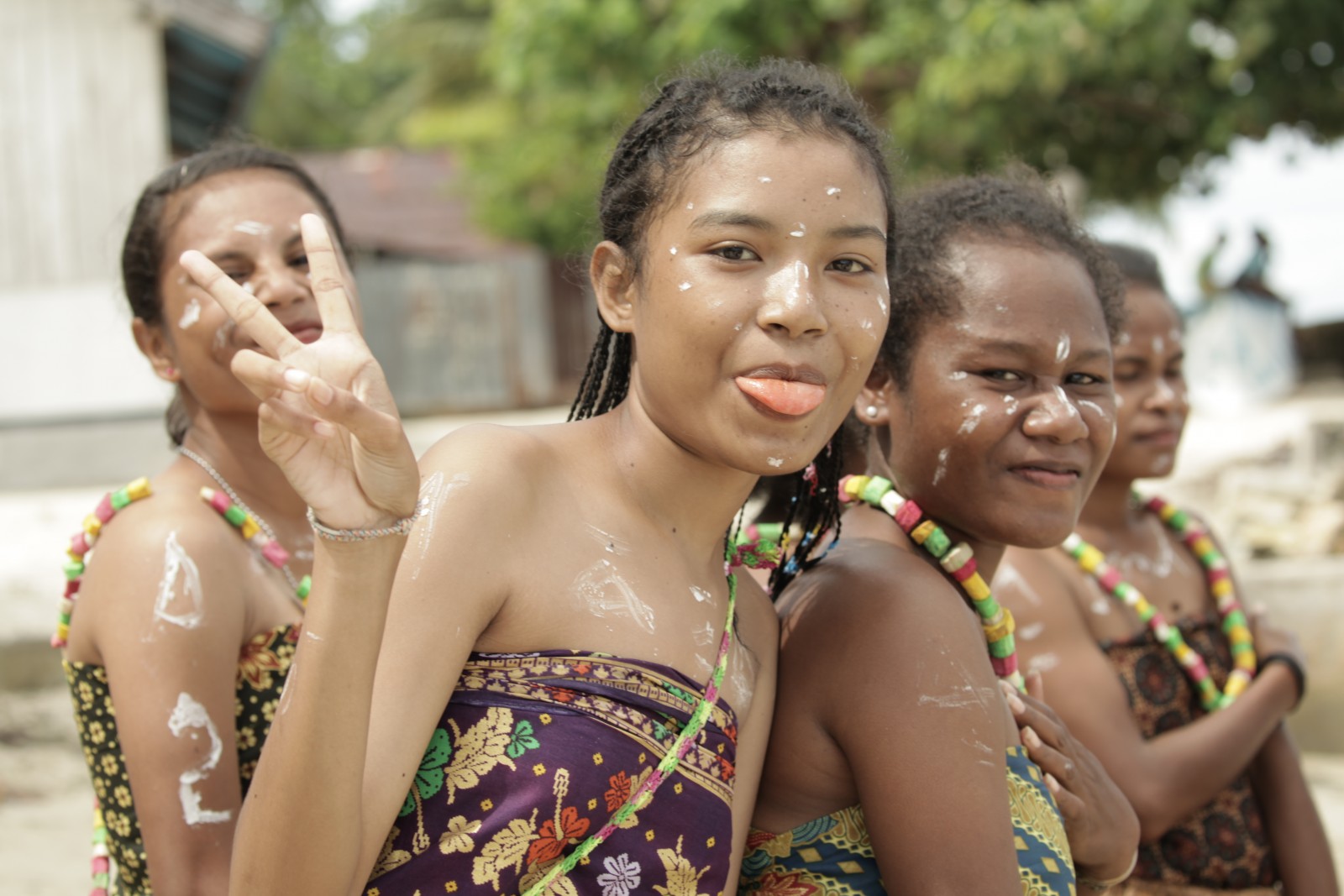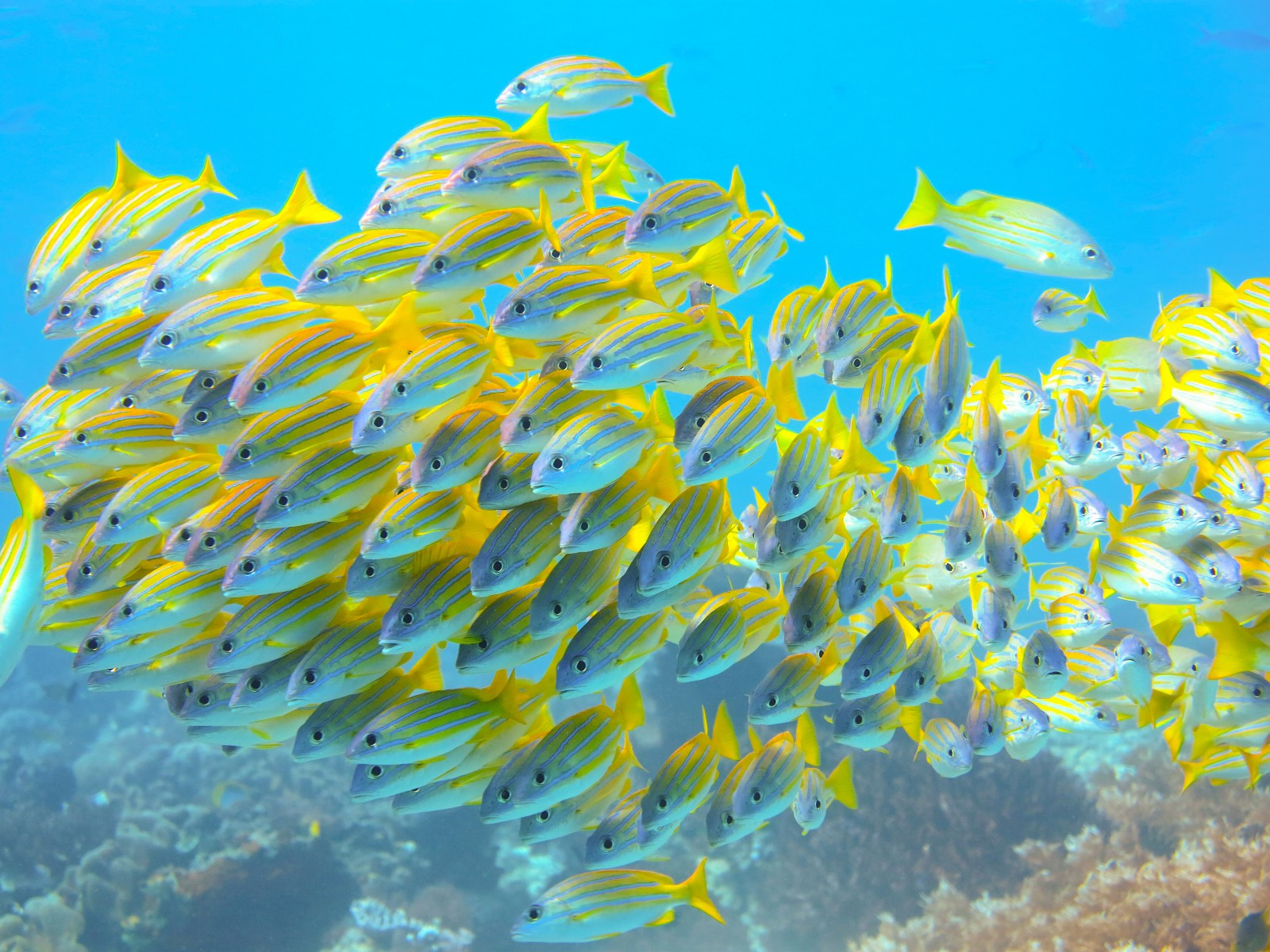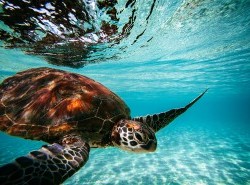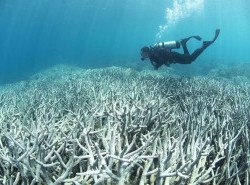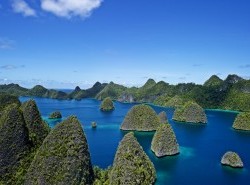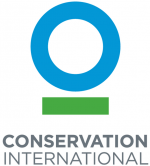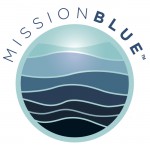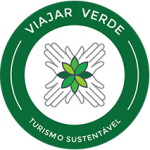The future looks bright for one of Raja Ampat's most famous areas, the Dampier Strait - and for the fishing communities that rely on its bounty.
Establishing sustainable ecosystems management is no easy task - there are livelihoods at stake, competing interests from tourism to industry, not to mention illegal fishing, pollution and climate change to take into account! The bottom line is that a lot of stakeholders all need to come on board in order to establish marine reserves - and more importantly, to manage them effectively in the long term. That takes time and a lot of sensitive negotiation.
Over the past year, USAID has partnered with the Indonesian government and US NGO Rare to work with local communities in the Dampier Strait - specifically the Maya Tribe Adat (traditional) Council - alongside other government and community leaders to deliver a realistic strategic plan that looks after marine ecosystems in the area - from reefs and seagrass beds to deep sea fisheries sites - as well as the livelihoods of local people.
A central tenet of Rare’s fisheries program Fish Forever is improving food security by securing sustainable fisheries for coastal communities. In the Dampier Strait, Rare’s village surveys found that households within the Marine Protected Area were in a precarious situation in terms of food security. The new TURF network is intended to provide a sutainable source of protein - i.e. fish - for indigenous communities. It will also empower women to play a greater part in local fishery enterprises.
“One key to good management of marine conservation areas in Raja Ampat is community involvement in the planning and implementation of management efforts,” said Sjafrie Tuharea, Head of Technical Operating Unite/Marine Conservation Area Raja Ampat. “What the Maya Tribal Peoples do with the establishment of this protected reserve is a testament to their commitment to maintain this important area economically, culturally and socially.”
The new TURF network is a key outcome in years of work with conservation partners including the World Wildlife Fund, Conservation International and The Nature Conservancy. Rare has partnered with these organizations to combat coastal overfishing, the most immediate threat to our oceans and the communities that depend on them.
Indonesia’s coastal fisheries are an essential source of food, income and cultural heritage to its people. Sixty percent of Indonesian fishers, or 1.6 million people, are small-scale fishers, and 85% of their catch is used for human consumption. Indonesia has the second longest coastline in the world, and 40% of the population (roughly 100 million people) lives near the coast. Coastal fisheries therefore play an essential role in national food security and nutritional health in this archipelagic nation.
Unfortunately, these immense coastal resources are severely threatened by unsustainable fishing practices, degradation of critical marine habitats and non-fishing stressors such as climate change. As a result, more than 20% of Indonesia’s fish stocks are assessed to be overexploited or overly depleted. Threatened marine species include snapper, grouper, rabbit fish, sea cucumber, and lobster.
“With this landmark declaration, Indonesia has emerged as a leader in applying effective solutions that provide benefits to people as well as nature,” said Dr. Steve Box, Senior Vice President of Fish Forever at Rare. “What we are seeing here in the Dampier Strait – effective local protection built on community empowerment and improved food and economic security – is a great model for the international community in how to solve coastal overfishing.”
“The problem of small scale fisheries that occur in almost all coastal communities is open access,” said Taufiq Alimi, Vice President of Rare Indonesia. “Anybody can come and take fish without any limits and not infrequently, some fishermen use destructive fishing gear. If this continues the result are damaged and depleted marine and fishery resources. Rare with support from the USAID SEA Project encourages better fisheries management especially in coastal waters. Today’s designation gives fishermen the certainty of their livelihoods as they become the first beneficiaries of the marine areas they are guarding.”
